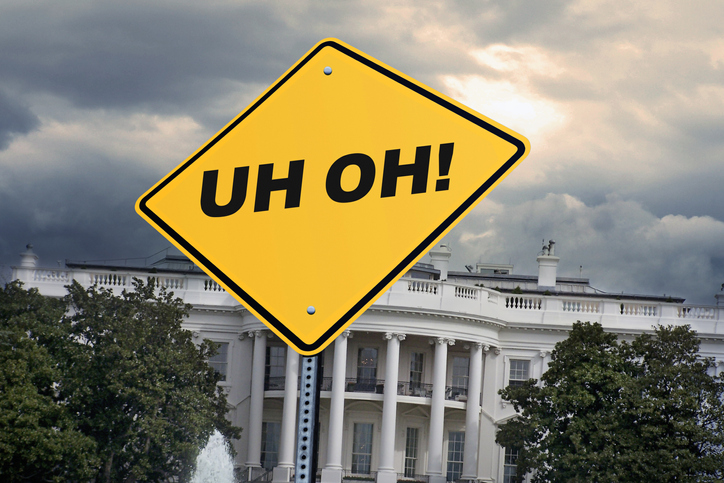As Interest Rates Rise, The Era of “Deficits Don’t Matter” Is Over
The comments below are an edited and abridged synopsis of an article by Ryan McMaken
In 2002, then-Vice President Dick Cheney said, “Reagan proved deficits don’t matter,” and went on to push for tax cuts combined with more federal spending. The Bush administration would also push huge amounts of new spending. The national debt grew by 70% during Bush’s eight years, but no one in Washington really cared. After 2003, the economy seemed to be growing and after the 2008 financial crisis hit, all that really mattered was bailing out Wall Street to save the global economy.

For more than thirty years, warnings about the federal debt and annual deficits have come from those who insisted that running up huge debts would become a problem. They were right, but the timeframe has proven to be quite a bit longer than most anticipated. Many significant global political and economic changes intervened to ease the process of incurring an enormous national debt, even as the total debt exploded from $5.6 trillion to $22.5 trillion between 2000 and 2019. These changes included rising global productivity, a new globalized work force, and solid global demand for US dollars—which fueled apparently limitless demand for US government bonds. This ensured the debt remained easy enough to manage… for a time.
Things are changing, however, and in the coming years we’ll begin to see how accelerating debt, declining demand for dollars, and rising price inflation do indeed affect deficits.
Up for discussion: How much debt are we talking about; this translates into a lot of interest payments; and interest payments will gradually consume the federal budget.


